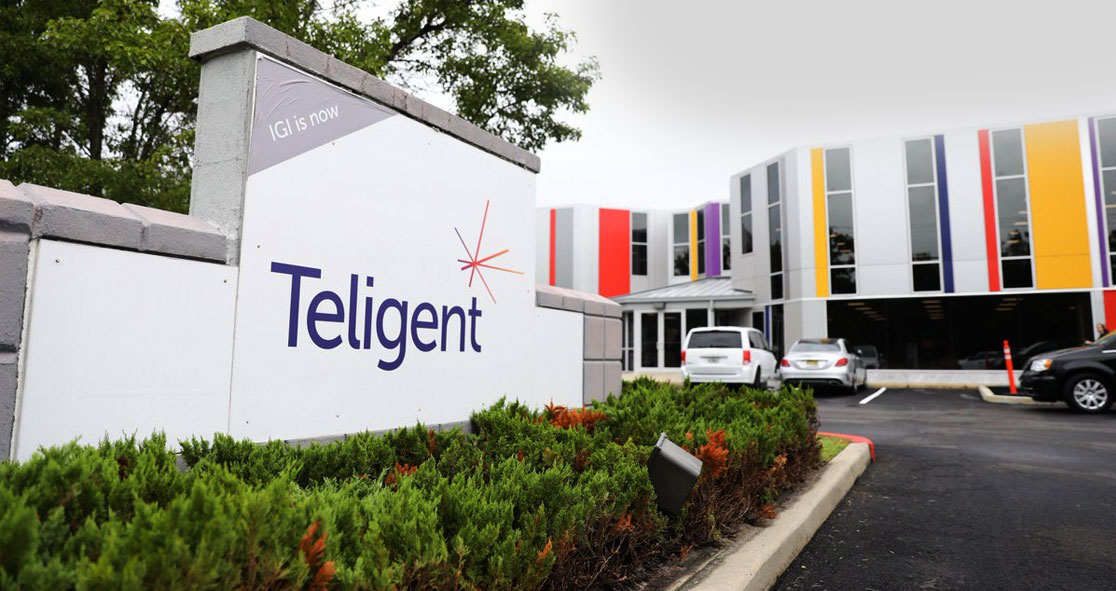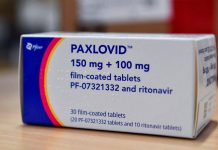New Jersey-based generic pharmaceutical company Teligent has filed for bankruptcy protection on Thursday, panning to sell the company, according to Reuters.
The company cited “regulatory and legal setbacks” and a warning letter that it received from the Food and Drug Administration (FDA) related to its manufacturing processes.
Teligent filed for “Chapter 11” protection in U.S. bankruptcy court in Wilmington, Delaware. It said the company is in nearly $130 million debt, explaining the COVID-19 pandemic contributed to it facing tightening liquidity in 2021.
Michael Nestor of Young Conaway Stargatt & Taylor – the second-largest law firm in the state of Delaware – is representing Teligent. He said in a statement that the company is in “ongoing discussions with several interested parties about acquiring its business and expects to consummate a sale by early 2022.”
Teligent, which manufactured topical pharmaceutical products and other generic drugs, has appointed Vladimir Kasparov as a chief restructuring officer, putting him in charge of overseeing the restructuring process, according to Reuters.
Kasparov is a managing director at Portage Point Partners, a business advisory and interim management firm.
In order to fund its operations during the Chapter 11 process, Teligent said it arranged $12 million in debtor-in-possession financing from its senior secured lenders, per the news outlet.
In a court filing, Kasparov said the company pointed to a 2019 warning letter by the FDA as an initial event leading to the bankruptcy.
The FDA warning letter identified several violations of good manufacturing practice regulations and required the company to take steps to come into compliance, according to Reuters.
Kasparov said the FDA’s ongoing inspections “had a significant negative impact on the company’s business, financial position, results of operations and cash flow.”
In addition, the COVID-19 pandemic affected the company and exacerbated the strain on its operations and liquidity, Kasparov said. The company received $3.3 million under the federal Paycheck Protection Loan program.























